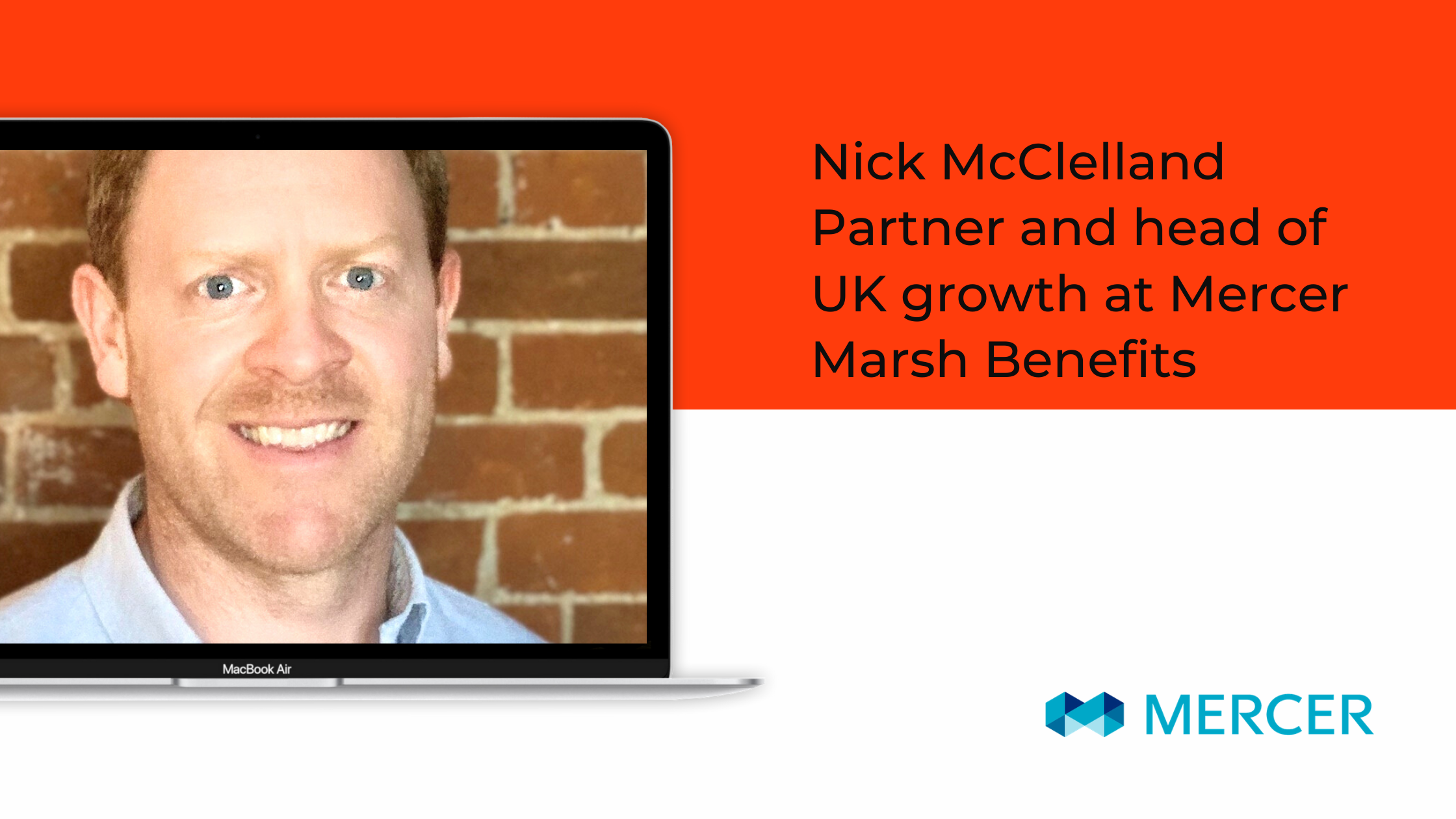Healthy habits, healthy workforce
If you want to motivate your people to cultivate healthy habits, wellbeing apps that utilise tactics more typically associated with social media could be the key to success, says Nick McClelland, Partner, Mercer Marsh Benefits

For years, increasing investment in wellbeing has been met with little or no impact. A major reason is that most people don’t respond well to generic reminders to use the benefits on offer or educational information about how to take better care of themselves.
In fact, according to research commissioned by Mercer into the link between personality type and attitudes to wellbeing, fewer than a third of people (30%) have the ‘conscientious’ personality type that responds well to practical reminders.
The remaining 70% have a ‘digressive’ personality type, meaning they want to be healthy and do the right thing. Yet faced with dilemmas, such as cooking healthy food instead of ordering takeaway, going to bed on time instead of finishing that boxset, or practising mindfulness to unwind instead of drinking wine, the unhealthy choice often wins the tussle.
These individuals don’t respond well to practical reminders. They do respond well to incentives and rewards, positive peer pressure, humour and fun. Styles of communication that are almost universally absent from the world of work, including workplace wellbeing, but which have proved incredibly effective at encouraging people to spend hours engaging in social media or playing games. Not least due to the use of tactics such as habit loops, whereby cues, such as push notifications, nudge people to engage with the app, rewarding them for doing so and keeping them constantly motivated.
Although this incredibly effective tactic has come in for much criticism, due to how addictive it’s made some social media apps and our phones in general, it can also be harnessed for good. Today, wellbeing apps in the consumer space utilise the power of habit loops to constantly remind and reward people for acting in healthy ways, until it becomes a habit. Now wellbeing apps in the corporate world must catch up in order to be effective.

This includes utilising the power of social networks. So, instead of the company issuing top-down information about wellbeing initiatives and benefits, individuals are encouraged to build and share connections with colleagues, friends and new contacts, creating wellbeing communities that support each other through sharing comments, likes and pictures. Activities might include a link to a group mindfulness workshop, a review of an emotional wellbeing tutorial, or a picture from their latest bike ride.
Equally important for engaging people to participate, is the extent to which digital wellbeing apps are able to capture data to provide a deeply personalised experience, connecting individuals to relevant wellbeing initiatives and allowing them to access information about these, based on their personality type. For example, individuals with high extroversion, who are motivated by peer-to-peer competition, might be encouraged to take part in group challenges, while introverts, who could be put off having to compete against others, could be directed towards individual reward and recognition activities.
In this sense, corporate wellbeing apps must up their game and learn from the digital revolution in the consumer world. There is no space left for company-wide initiatives that aren’t bespoke to the individual, be this the number of steps they walked that morning, hobbies and interests or even the particular health risks associated with their ethnic origin.
What’s more, people are mostly happy for their data to be used to personalise their experience of wellbeing in this way. Two thirds of employees (66%) say they trust their employer to keep their personal health information secure, while nearly half (47%) believe digital health and wellbeing solutions will aid staff wellbeing.
To learn more about how your business can achieve sustainable wellbeing behaviour change with a new approach that makes wellbeing fun, social and individualised, to drive healthy habits, then discover Ondo – the employee wellbeing app from Mercer.
Reference:
Survey of 2,500 people aged between 18 and 70 (42% male, 58% female) who were asked a range of questions about their personality, attitudes to health and health behaviour, Mercer, 2019
Nick McClelland
Nick McClelland is partner and head of UK growth at Mercer Marsh Benefits


